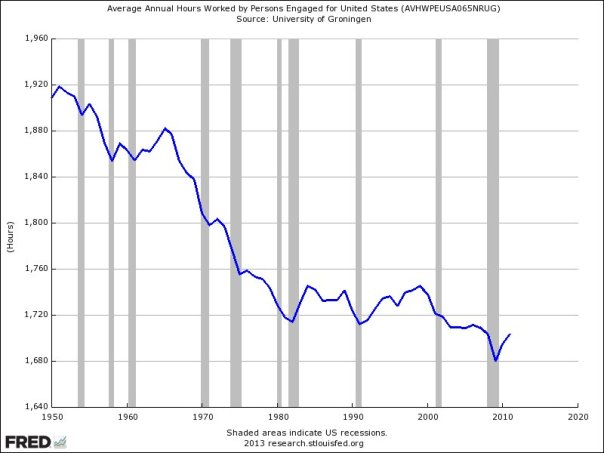File this one under the general category of things business owners can do to preserve physical and mental health, despite the rigors of running a business. It goes along with getting regular exercise, and shutting down every so often out of range of devices. Do as many meetings as you can walking, instead of sitting. And when you can, walk in a park, with trees and bushes, noty on a sidewalk.
I know several CEOs and team leaders who conduct walking meetings. Steve Jobs, was known for his walking meetings. Facebook’s Mark Zuckerberg has also been seen holding meetings on foot. Consider that for your business.
Obviously we can’t all go take a walk during the day, and much less a walk in nature; or even a park. There’s the job thing, and working for a living. Still, last week I happened upon two different research studies related to walking. And one part of a normal work day that’s basically just talking is the meeting. Especially one on one meetings.
Where you walk matters
First, Stanford researchers find mental health prescription: Nature. I summarized the findings in the image below.

I realize not everybody has a park within striking distance; several of my loved ones live and/or work in Manhattan. Still, lots of us do, and even some Manhattan offices are close to Central Park, or a riverside park. The picture here is where I walk, in Eugene, Oregon. It’s two minutes from my office.
The study, by Gretchen Daily, Gregory Bratman, and two others, looked at comparing the value of a walk in nature vs. a walk on city streets. The brain reacts differently to each, and the study found advantages for walking in nature.
In the study, two groups of participants walked for 90 minutes, one in a grassland area scattered with oak trees and shrubs, the other along a traffic-heavy four-lane roadway. Before and after, the researchers measured heart and respiration rates, performed brain scans and had participants fill out questionnaires.
The researchers found little difference in physiological conditions, but marked changes in the brain. Neural activity in the subgenual prefrontal cortex, a brain region active during rumination – repetitive thought focused on negative emotions – decreased among participants who walked in nature versus those who walked in an urban environment.
Walking and creative process
Friedrich Nietzsche wrote: “All truly great thoughts are conceived by walking”
A second, completely different research study (despite the similar them), Stanford Study Finds Walking Improves Creativity, looked for a connection between walking and creativity. Done by Marily Oppezzo and Daniel Schwartz, this one set up experiments comparing results from people walking vs. people sitting. This one found no significant difference between walking inside vs. walking outside, but noted a big advantage to walking vs. sitting.
Here are some interesting details
The overwhelming majority of the participants in these three experiments were more creative while walking than sitting, the study found. In one of those experiments, participants were tested indoors – first while sitting, then while walking on a treadmill. The creative output increased by an average of 60 percent when the person was walking, according to the study.
Think about it. Better yet, take a walk, and think about it while walking.

 I will tell you that this is definitely me. I’ve done this all my life. I veer off to a new organization system like a dumb fish following a shiny new lure in the water. And I see other people doing it too, all the time, all around me. You don’t need a new spreadsheet, or to-do list software, or project planning system; you need to use what you have regularly.
I will tell you that this is definitely me. I’ve done this all my life. I veer off to a new organization system like a dumb fish following a shiny new lure in the water. And I see other people doing it too, all the time, all around me. You don’t need a new spreadsheet, or to-do list software, or project planning system; you need to use what you have regularly.


 Imagine a bucket of water full to the brim, on a table, right next to a phone and a computer. Now take a brick and drop it into that bucket. Imagine what happens. Water splashes out, right? And that’s probably bad for that phone and computer next to it.
Imagine a bucket of water full to the brim, on a table, right next to a phone and a computer. Now take a brick and drop it into that bucket. Imagine what happens. Water splashes out, right? And that’s probably bad for that phone and computer next to it. Have you heard the standard cliche: “Necessity is the Mother of Invention?” In business technology and productivity, in my experience at least, the old standard is reversed: the new truth is that Invention is the Mother of Necessity.”
Have you heard the standard cliche: “Necessity is the Mother of Invention?” In business technology and productivity, in my experience at least, the old standard is reversed: the new truth is that Invention is the Mother of Necessity.” Does clutter affect creativity? I can give you quotes that say it does, and research that says it doesn’t. There’s lots of anecdotal evidence for either side. What do you think? My own experience goes either way. So I decided to look into this question on the web.
Does clutter affect creativity? I can give you quotes that say it does, and research that says it doesn’t. There’s lots of anecdotal evidence for either side. What do you think? My own experience goes either way. So I decided to look into this question on the web.

You must be logged in to post a comment.